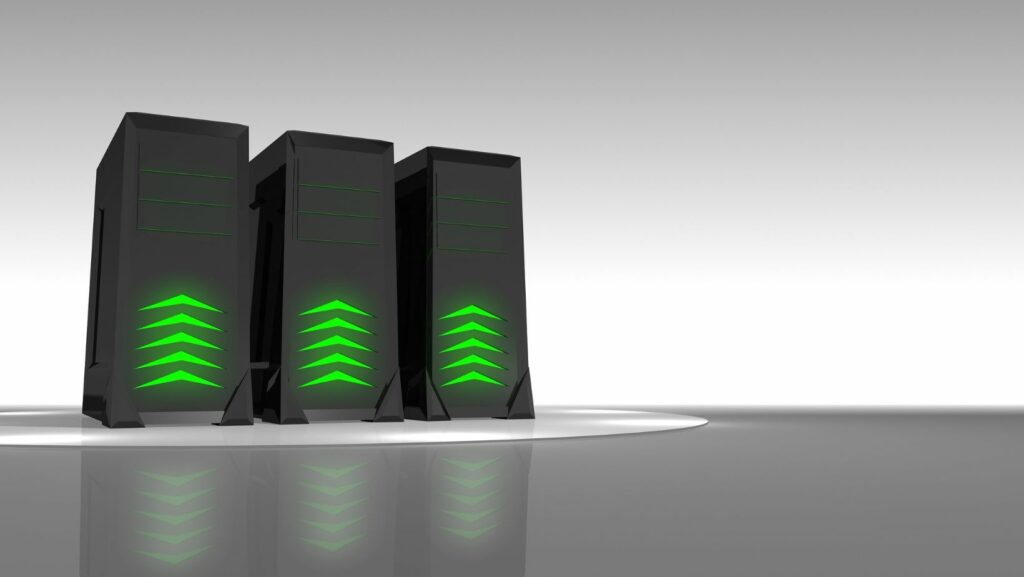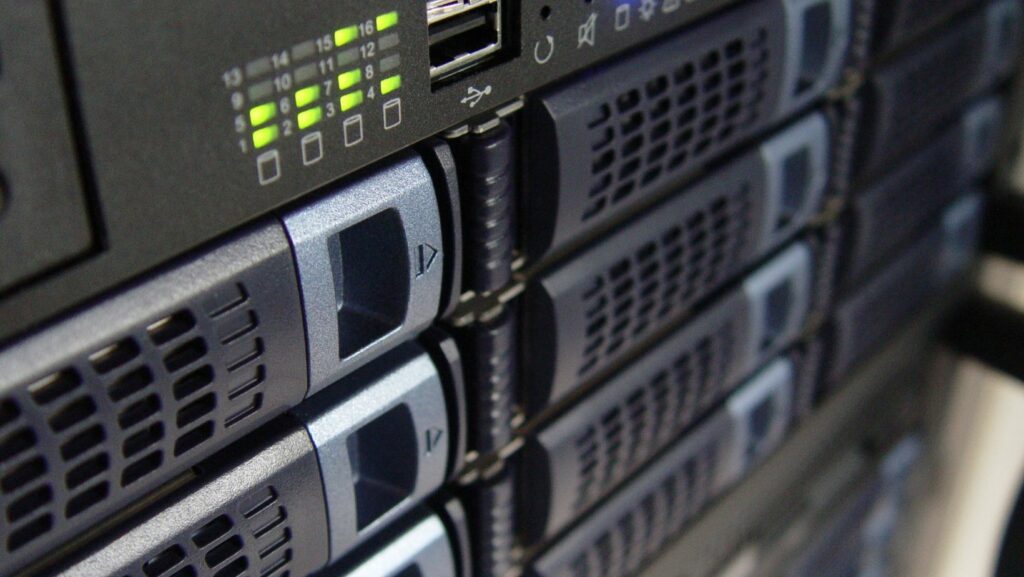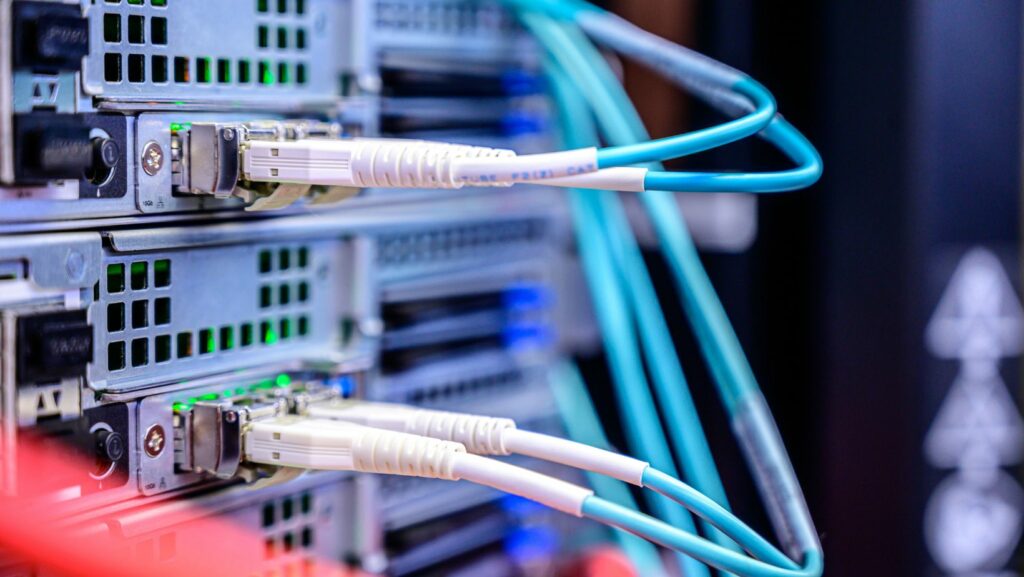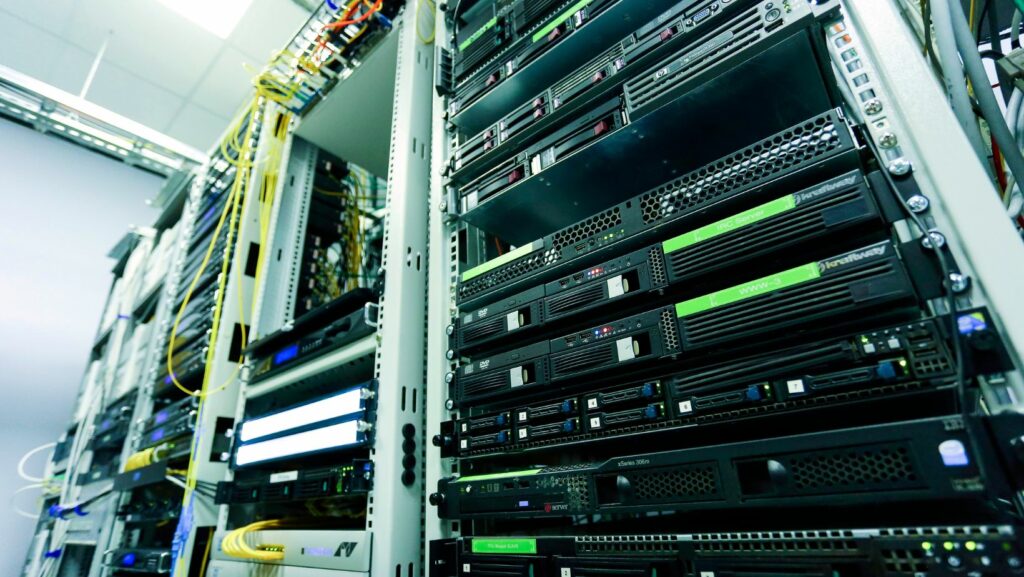
Website Server Hardware

When it comes to ensuring your website server hardware runs smoothly and efficiently, the backbone of it all lies in the server hardware it’s hosted on. As a seasoned tech enthusiast, I’ve delved deep into the world of website server hardware to understand the crucial role it plays in the online realm. From processors to storage drives, every component works in harmony to deliver your content to users across the globe.
In this article, I’ll guide you through the essential aspects of website server hardware, shedding light on the key factors that impact your site’s performance. With my expertise in this field, I’ll provide valuable insights to help you make informed decisions when it comes to selecting the right server hardware for your online presence. Let’s dive into the intricate world of website server hardware and unlock the potential for optimal performance and reliability.
Understanding Website Server Hardware
Types of Server Hardware
In the realm of website server hardware, there are distinctive types that cater to varying needs. Hosting servers, cloud servers, and dedicated servers are common options. Hosting servers are ideal for beginners as they offer shared resources, while cloud servers provide scalability and flexibility for growing websites. Dedicated servers, on the other hand, offer exclusive resources for high performance and control over server configurations.
Key Components of Server Hardware

Several key components constitute website server hardware, each playing a crucial role in its functionality. Processors, such as Intel Xeon and AMD EPYC, are the brain of the server, handling computations and data processing efficiently. Storage drives, including SSDs and HDDs, store data and ensure quick access to files. RAM (Random Access Memory) provides temporary storage for active processes, enhancing server speed and performance. Networking components like Ethernet controllers facilitate data transfer between the server and external networks. Power supplies ensure steady and reliable operation by providing the necessary power to all server components. Each of these components contributes to the overall performance and reliability of a website server.
Performance Needs
To ensure optimal performance, it’s crucial to assess the specific requirements of your website. Identify the amount of traffic your site receives, the nature of content it delivers, and any special features or applications that demand high processing power. Matching the server hardware capabilities to these performance needs is essential for seamless website operation.
Scalability Potential
When selecting server hardware, it’s vital to consider scalability. As your website grows, so will its demands on the server. Choose hardware that allows for scalability, enabling you to easily expand resources as needed without experiencing disruptions in service. Scalable server hardware ensures that your website can accommodate increased traffic and data without compromising performance.
Budget Considerations
While performance and scalability are key factors, budget considerations also play a significant role in choosing the right server hardware. Evaluate the initial investment cost, as well as long-term maintenance expenses to determine the most cost-effective solution. Balancing performance needs with budget constraints ensures that you select server hardware that provides the best value for your specific requirements.
Popular Website Server Hardware Solutions
As I delve into popular website server hardware solutions, it’s essential to explore a range of options to match different needs for website performance. From dedicated servers to cloud servers and virtualization, each solution offers unique benefits based on specific requirements.
Dedicated Servers

I’ve found that dedicated servers remain a top choice for websites with high traffic volumes or demanding applications. With a dedicated server, all resources are exclusively allocated to a single website, ensuring consistent performance levels. This setup provides enhanced security features, as the server isn’t shared with other users, offering more control over configurations and customization. While dedicated servers may require a higher initial investment compared to other solutions, the performance gains and tailored resource allocation justify the cost for websites prioritizing performance and security.
Cloud Servers and Virtualization
Exploring cloud servers and virtualization, I’ve noticed a flexible and scalable solution that caters to varying website requirements. Cloud servers offer resource scalability on-demand, allowing websites to adapt to fluctuating traffic volumes efficiently. Virtualization technology enables the creation of multiple virtual servers on a single physical machine, optimizing resource utilization and enhancing flexibility. Cloud servers provide cost-effective options with pay-as-you-go pricing models, making them suitable for websites with unpredictable traffic patterns or those seeking scalability without significant upfront costs.
